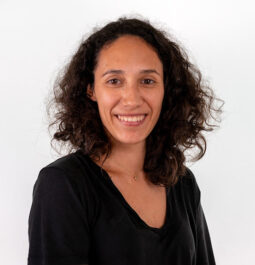Presentation
This programme aims to qualify professionals in the area of Education, enabling them to pursue further studies and scientific research and/or perform professional duties in an effective, reflective and innovative way. To this end, it promotes the pursuit of learning objectives from a transdisciplinary perspective, focusing on the design, planning and monitoring of educational policies and evidence-based practices.
Objectives
They are expressed in the form of abilities (knowledge, skills and competences) to be developed by the students, namely:
- Knowledge and mastery of education studies;
- Ability to research and interpret scientific production on education;
- Ability to identify, question, investigate and intervene in educational problems, from micro to macro level.
- Understanding of the relationships between economic, social, cultural and political contexts and the development of education systems and school organisations;
- Ability to design, plan and monitor educational policies and practices based on evidence-based knowledge, at macro, meso and/or micro scales.
- Analysis, evaluation and design of public policies in education in a comparative perspective, at different scales of intervention: macro (national and international policies), meso (regional and municipal policies) and micro (local policies and school practices and dynamics).
- Design and development of models for monitoring, self-evaluation and external evaluation of educational organisations and practices.
- Analysis, design and development of solutions aiming at the effectiveness and efficiency of educational organisations in achieving their mission.
- Design of strategies to mobilise social, economic and cultural resources for the development of educational projects and partnerships on their different scales.
Curricular structure
Duration: 2 years / 4 semesters Credits: 120 ECTS
The Masters is structured in four semesters, the first three of which are dedicated to the curricular part and to the preparation of the non-taught component. In the 4th semester, the student will perform one of the following non-taught component modalities: dissertation, project work or practical work experience with report.

